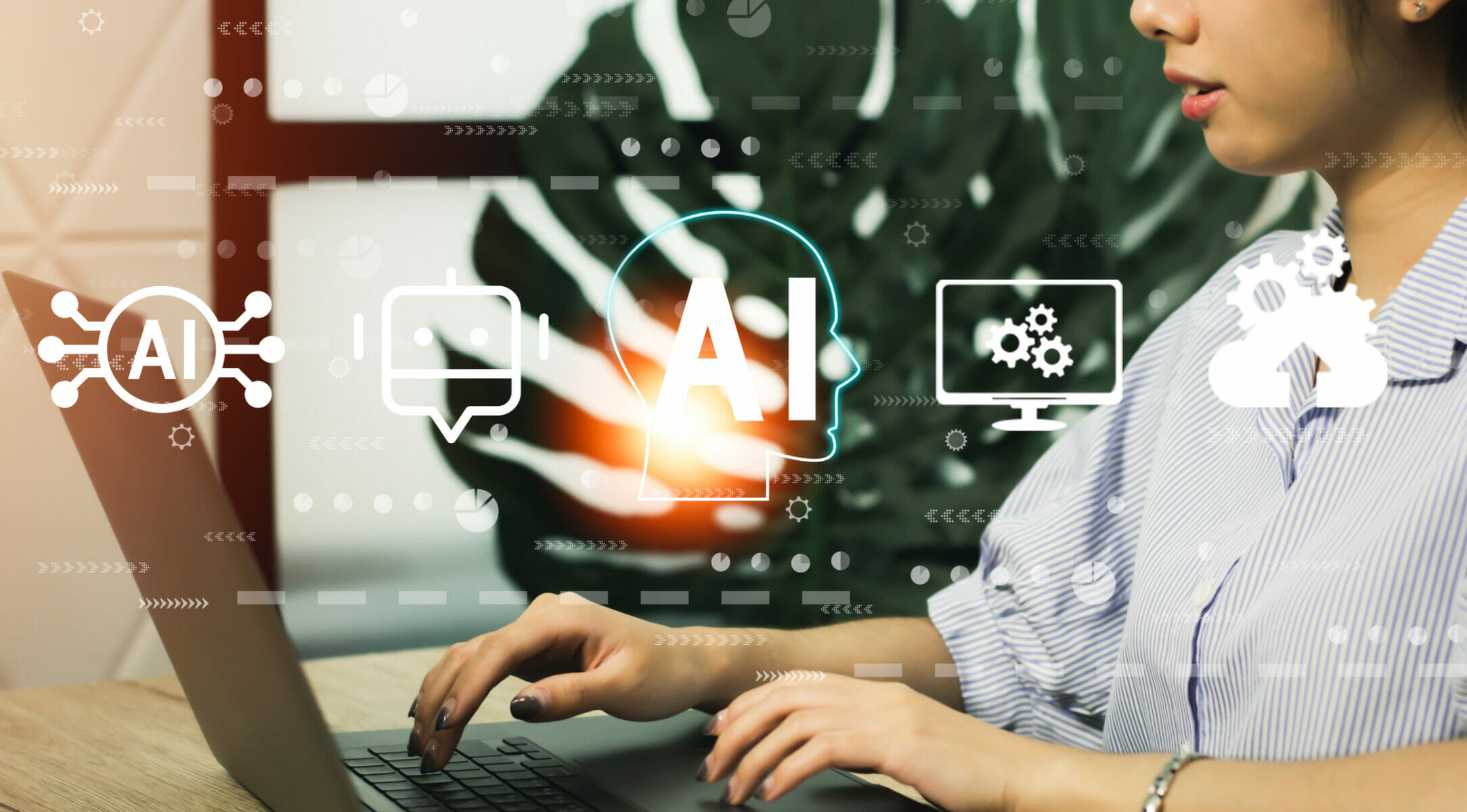As a tech-savvy lawyer, I’m always on the lookout for new tools to make my job easier. But let me tell you, there’s one tool that’s been causing me a lot of trouble lately – ChatGPT.
ChatGPT is an AI language model that can help lawyers find and present legal authorities quickly, but there’s a major hangup – it’s not always accurate. In fact, it’s been known to give some pretty wacky and downright wrong information. I mean, we’re talking about a tool that can give you a citation to a case that doesn’t exist, or reference the wrong section of an act, and provide links to websites that have nothing to do with the authority it references. It’s like playing a game of legal roulette, and we’re not always sure if we’re going to hit the jackpot or come up empty-handed.
In addition to these errors ChatGPT can make other mistakes. For example, it can provide outdated or irrelevant information. It may also misunderstand the context of the question or inquiry and provide a response that while technically correct, is not useful or applicable to the specific legal issue at hand.
While ChatGPT is a whizz at spitting out information, let’s be real: it’s no substitute for a lawyer. When it comes to complex legal issues or high-stakes matters, ChatGPT simply falls short. It just can’t match the level of analysis or insight that a lawyer can offer and will likely leave you with incomplete or inadequate legal advice. A good lawyer will provide personalised legal advice and guidance that is specific to your situation. They can help you navigate the legal system, negotiate with other parties, and ensure that your rights are protected every step of the way.
If you’re facing a legal issue, it’s always a good idea to seek out the help of a qualified and experienced lawyer who can provide you with the personalised attention and advice you need. And if you happen to come across ChatGPT in your googling, be sure to take its answers with a grain of salt and double-check any information it gives you.
As a lawyer who loves leveraging the latest technology to enhance my legal practice, I’m excited about the potential of AI language models like ChatGPT to streamline legal research and improve access to legal information. ChatGPT is a relatively new technology and will only improve with time. Therefore, despite its limitations, ChatGPT can still be a useful tool for lawyers. However, I recognise the importance of maintaining a human touch when it comes to legal services. After all, you can’t beat the personalised advice and guidance of a human lawyer who truly cares about your case.






